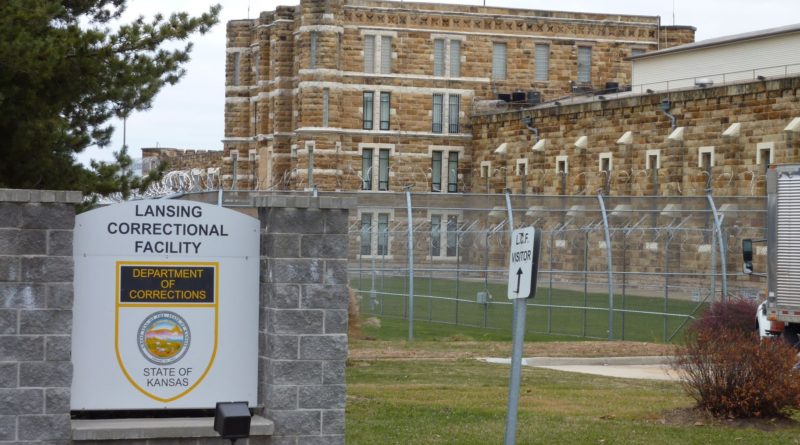CoreCivic Awarded Contract to Develop New Lansing Correctional Facility
LANSING, Kan. — It’s official! CoreCivic, a private prison provider, was awarded a 20-year lease agreement with the Kansas Department of Corrections (KDOC) for a 2,432-bed, 400,544-square-foot correctional facility to be developed in Lansing.
The new facility will replace KDOC’s beleaguered 2,405-bed Lansing Correctional Facility, the Sunflower State’s largest correctional complex for adult male inmates, which was originally constructed around the time of Abraham Lincoln’s presidential nomination in 1860.
“It is our pleasure to have been selected for our industry’s first development of a privately owned, build-to-suit correctional facility to be operated by a government agency through a long-term lease agreement,” said Damon Hininger, CoreCivic’s president and CEO, in a statement. “Our CoreCivic Properties business line is able to leverage our nearly 35 years of experience in designing, developing and operating state-of-the-art correctional facilities, while also maintaining the flexibility to deliver a solution that fits the specific needs of the Kansas Department of Corrections.”
The lease agreement with KDOC will commence upon the completion of facility construction with a base-year lease rate of $14.9 million, including an annual 1.94 percent rent escalator, and has an initial term of 20 years. CoreCivic will be responsible for facility maintenance throughout the term of the lease. Construction of the new facility is expected to commence early this year with completion estimated at two years out.
A proponent of the lease agreement was Kansas Corrections Secretary Joe Norwood, who observed that maintaining the older parts of the facility would absorb half of the department’s capital improvement budget. Additionally, additional staffing costs could be offset by a contemporary design.
“The immense budget challenge the state of Kansas faced in funding a replacement of their 150 year old prison is not unique,” Hiniger’s statement continued. “With over 100,000 beds in operation today at correctional facilities over 100 years old, many states and the federal government are facing a similar challenge. Our solution allows the state of Kansas to have access to a modern, efficient correctional facility that is safer for inmates and employees, while allowing the state to avoid using their limited bonding capacity for the construction of a new correctional facility.”

